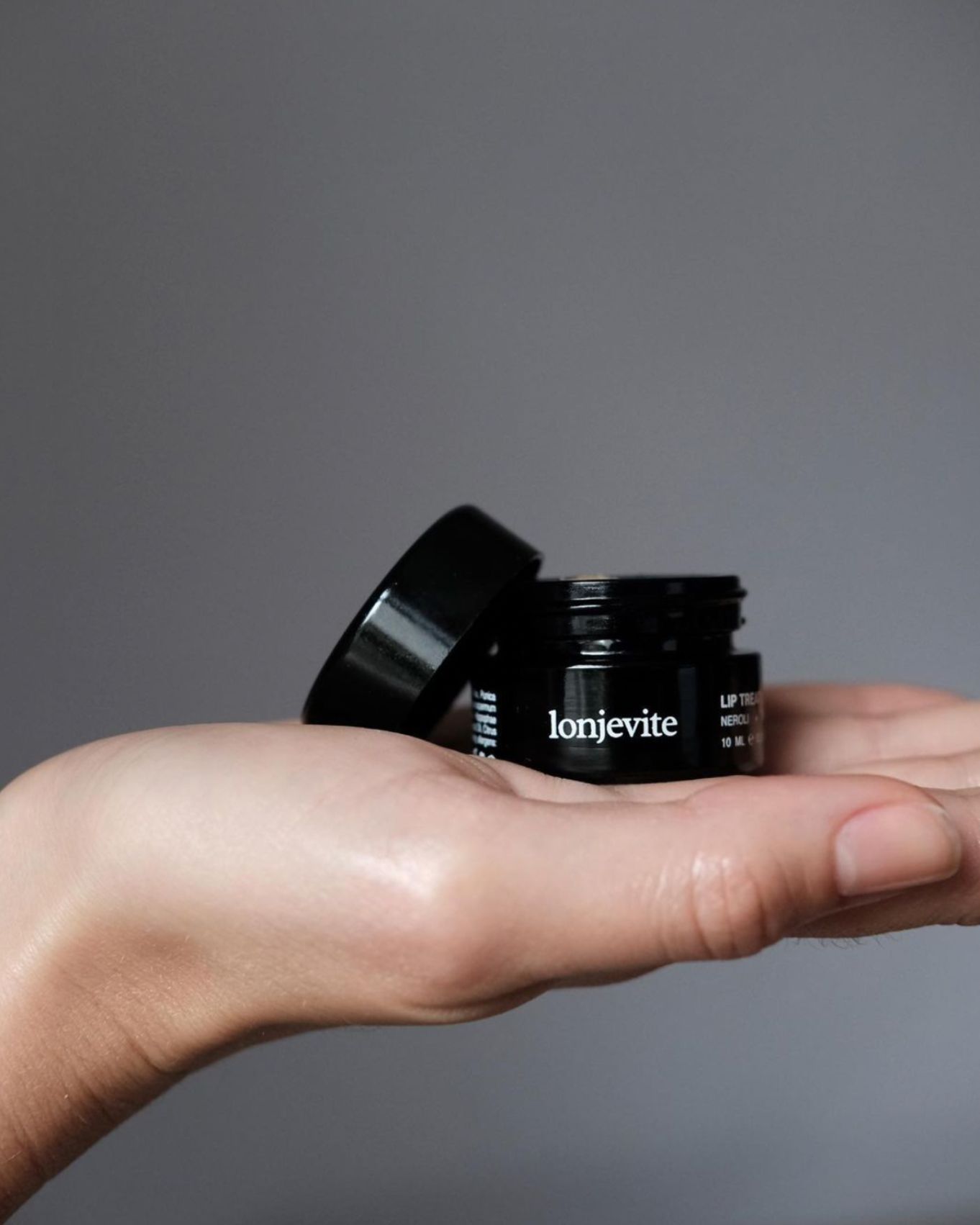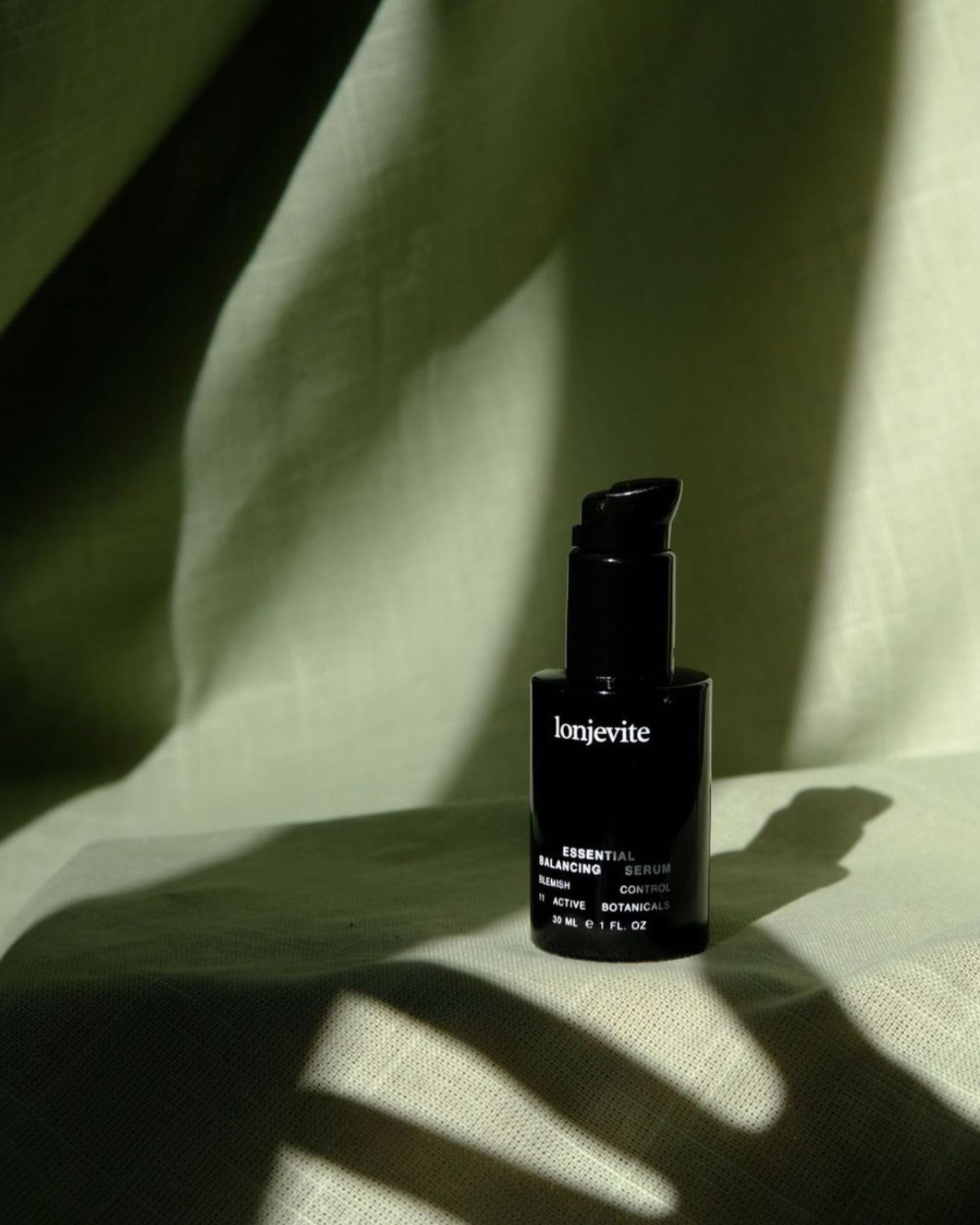Well-Being Starts With Your Skin
What you put on your skin is absorbed and enters your body. Therefore, every skincare product you use can have a positive or negative effect on your health and well-being. That means you need to know exactly what’s in your products and how it affects you. These days, that’s not as simple as it sounds. Where many products have an endless list of ingredients in unreadable small print on the packaging. Or on a leaflet inside. What to do?

Over the last 18 months, more and more people are recognizing this link between the skin and general well-being. There is growing awareness that we need to be careful and use cleaner products for our face and body. In fact, there’s a real movement towards minimalist skincare products, with as few ingredients as possible. Natural ingredients, rather than laboratory-produced chemicals. Ingredients where we’re sure that they are good for both our skin care and health care.
Skincare Products With Proven Benefits
Perhaps you’d be surprised to learn, that actually very few skincare ingredients and products have been scientifically proven to benefit your skin. The only ones supported by good scientific data are retinols, exfoliators, vitamin C (when properly formulated) and sunscreen. Retinols are various formulations with vitamin A as the most important ingredient. Vitamin A plays a key role in helping cells regenerate. It exfoliates on a cellular level, to reveal brighter, smoother and newer skin.
Retinols are used to treat acne, but also to reduce fine lines and wrinkles, by increasing the production of collagen. However, retinol users beware, people with certain skin conditions, like rosacea or eczema, can experience an extreme adverse reaction, with significant irritation. Also, when you’re using other skincare products at the same time. The different ingredients and chemicals can lead to unexpected reactions and skin issues.
Avoid Ground Nut Shells
Then there are exfoliation products, which remove dead skin cells. These peels and scrubs can reduce fine lines and pigmentation. Again, you have to be careful. For example, avoid scrubs that include ground nut shells, because the irregular edges actually cause skin damage. Also, never use exfoliants at the same time as retinols. Absolutely not a good combination, which can make your skin extremely irritated.
Praised and Prized Vitamin C
Vitamin C, the big C! Praised and prized for its wondrous antioxidant properties. Used to brighten skin, reduce redness and, like retinols, minimize fine lines and wrinkles. The popularity of these serums has never been higher. However, the same issue, be careful not to combine vitamin C products with retinols or scrubs.
Health professionals believe that there’s one must-use product for your skin: sunscreens. Even when the skies are overcast and there’s no sun. Even in winter. If you really want to take care of your skin’s health and avoid wrinkles, sunspots and skin cancer, you need to protect your skin from the sun’s invisible ultraviolet rays.

Photos by Lonjevite
More Thought to Packaging
The move to less skincare ingredients means more thought needs to be given to packaging. Simple natural ingredients are more sensitive and prone to degradation, because they don’t use artificial preservatives. The problem with artificial preservatives is that there is so much conflicting research about the possible harmful effects. Best to avoid.
Just Like Your Skin
There’s one kind of glass packaging that both enhances and protects natural products. A glass packaging that increases the shelf life substantially, compared to any other glass, plastic or aluminum packaging. That’s MIRON’s violet glass packaging. Just like your skin, it’s a layer that both protects and absorbs. In this case, stopping harmful rays of visible light, while absorbing infrared and ultraviolet rays. Unlike your skin, UV rays are actually beneficial for preserving natural products. Not only is violet glass very practical, it’s also very beautiful. An attractive shelf display in a store, or on display on your shelf at home.
